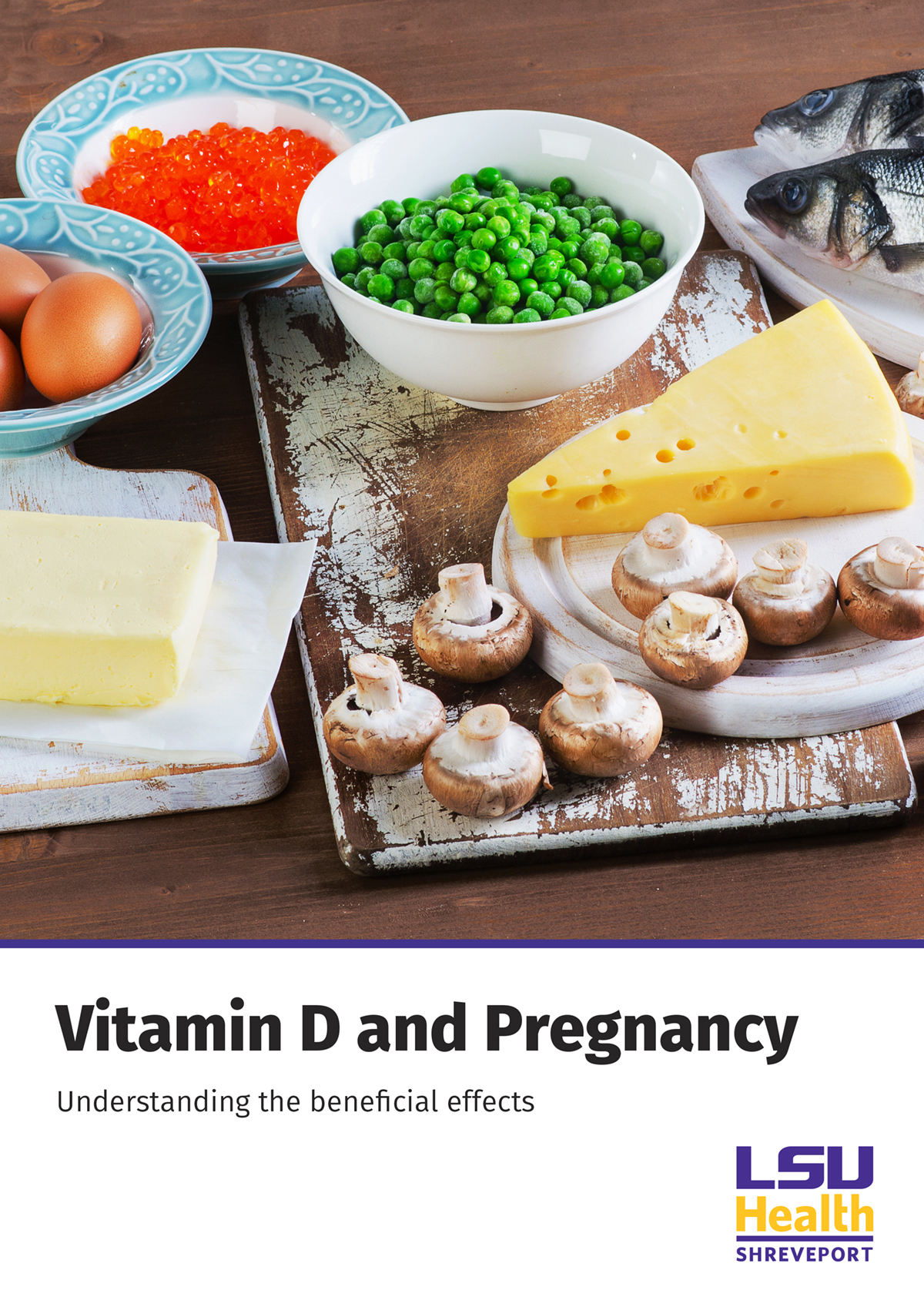Vitamin D, an essential fat-soluble vitamin and steroid hormone, is explored here with a focus on its beneficial effects when it comes to pregnancy
This special analysis begins with a very special editorial feature by Dr Andrew Bremer, a Paediatric Endocrinologist and Chief of the Pediatric Growth and Nutrition Branch at the Eunice Kennedy Shriver National Institute of Child Health and Human Development, part of the U.S. National Institutes of Health, who details NICHD-supported research on vitamin D in pregnancy and early childhood development.
The remainder of this analysis comes from Yuping Wang, John A. Morgan and David F. Lewis from the Department of Obstetrics and Gynecology Louisiana State University Health Sciences Center – Shreveport in the U.S. These seasoned experts take an in-depth look at understanding the beneficial effects of vitamin D in pregnancy through placenta research. The authors argue that pregnant women indeed require vitamin D supplementation for a better health outcome.
Amongst the many insights offered here, we find out that the prevalence of vitamin D deficiency during pregnancy is a global health issue. According to the authors, epidemiological studies show that about 40-60% of pregnant women are vitamin D deficient globally. Added to this, the occurrence of vitamin D deficiency can be up to 90% of pregnant women in developing countries.
During recent years, the authors stress that vitamin D has increasingly been recognised to have significant impacts on organ development and cardiovascular health. Certainly, many clinical trials around the world have shown that vitamin D supplementation in pregnancy has beneficial effects on both the mother and foetus.
The analysis continues as we find out about preeclampsia, a life-threatening disorder of pregnancy, characterised by maternal hypertension and end-organ dysfunction. It is known that vitamin D deficiency during pregnancy increases the risk of preeclampsia and it is at this point, that the authors profile the research they are doing around this area and I commend you to read this.
While many more insights follow, the authors conclude that further guidelines and recommendations for optimal serum 25(OH)D level in pregnancy, the timing of vitamin D supplementation and dosing safety and efficacy must be established.


